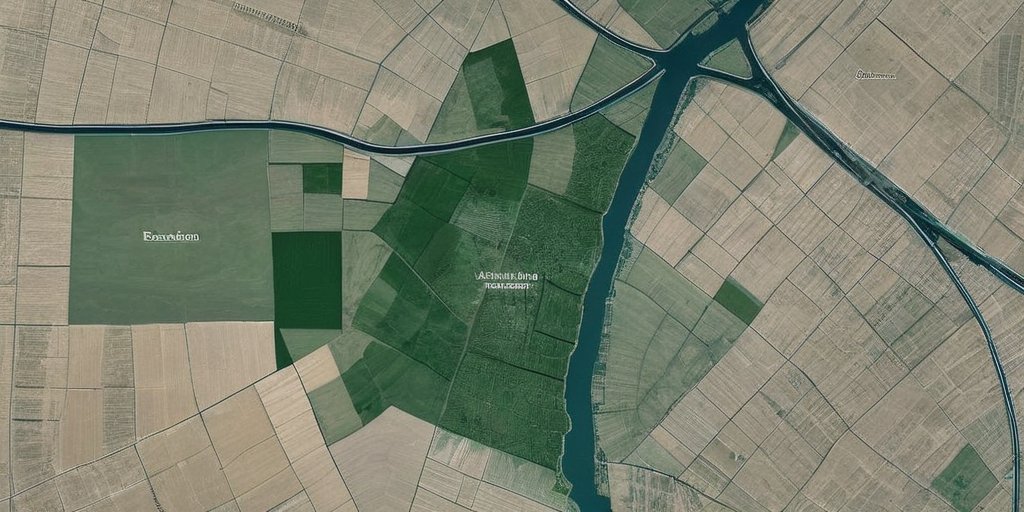In recent years, the situation in the West Bank has become increasingly volatile, particularly for Palestinian communities like Bardala, where residents face significant challenges due to the expansion of Israeli settlements. Jihad Suleiman Al-Sawafta, a long-time farmer from this occupied village, recounts how the arrival of Israeli settlers led to the loss of his land and greatly diminished livelihood. Settlers, backed by the Israeli military, have built roads that restrict Palestinian access to grazing and agricultural areas, dramatically altering the landscape and way of life in the region.
With the Israeli government under the leadership of Prime Minister Benjamin Netanyahu, known for its pro-settlement stance, the number of Israeli herding outposts has surged by nearly 50% since the start of the recent conflict with Hamas on October 7, 2023. This increased settlement activity is coupled with worries among Palestinians about potential annexation of their land. Former President Donald Trump’s statements hinting at support for such actions have raised alarms within Palestinian communities, who fear that U.S. endorsement may legitimize further land grabs by settlers.
Reports from advocacy groups like Peace Now and Kerem Navot reveal that between October 2023 and December 2024, at least 49 new illegal shepherding outposts have been established, leading to further displacement of Palestinian shepherding communities. These outposts are often built on land claimed by Palestinians, contributing to an overall pattern of dispossession and turmoil.
Dror Etkes, a co-author of a report by the advocacy group Kerem Navot, asserts that these herding outposts are not merely the acts of individuals but represent a larger national and state-backed project aimed at consolidating Israeli control over the West Bank. This has resulted in significant cultural and economic tragedy for Palestinian communities heavily reliant on agriculture and herding.
The implications of Trump’s prior administration, which showed a leaning towards Israeli interests over Palestinian rights, have left many Palestinians concerned about the future. Trump mentioned in a February 2024 press conference with Netanyahu that discussions regarding annexation were taking place. Statements like these fuel fears among Palestinian communities that their land and rights may not be protected under U.S. policy in the region.
International response to this ongoing issue has been conflicted. While the United Nations continues to call for an end to settlement expansion and has deemed many of these actions illegal under international law, Israeli officials have generally brushed off criticisms and continued to expand settlements, often with state support. This environment has empowered settlers, further heightening tensions and restricting the freedom of Palestinian residents.
The urgency of the situation is underscored by the violent clashes that have erupted in response to settlement expansions, exacerbated by military operations against Palestinian communities. Thousands of Palestinians have been displaced, and reports are surfacing of Israeli settlers intimidating and attacking local populations with impunity.
The situation remains fraught, and as Trump and other leaders discuss options for the future, the voices from Bardala and elsewhere in the occupied territories call for justice, recognition, and a halt to the ongoing displacement that reshapes their lands. The upcoming international discourse will be crucial as Palestinians seek to assert their rights amid the complexities of geopolitics surrounding their homeland.
